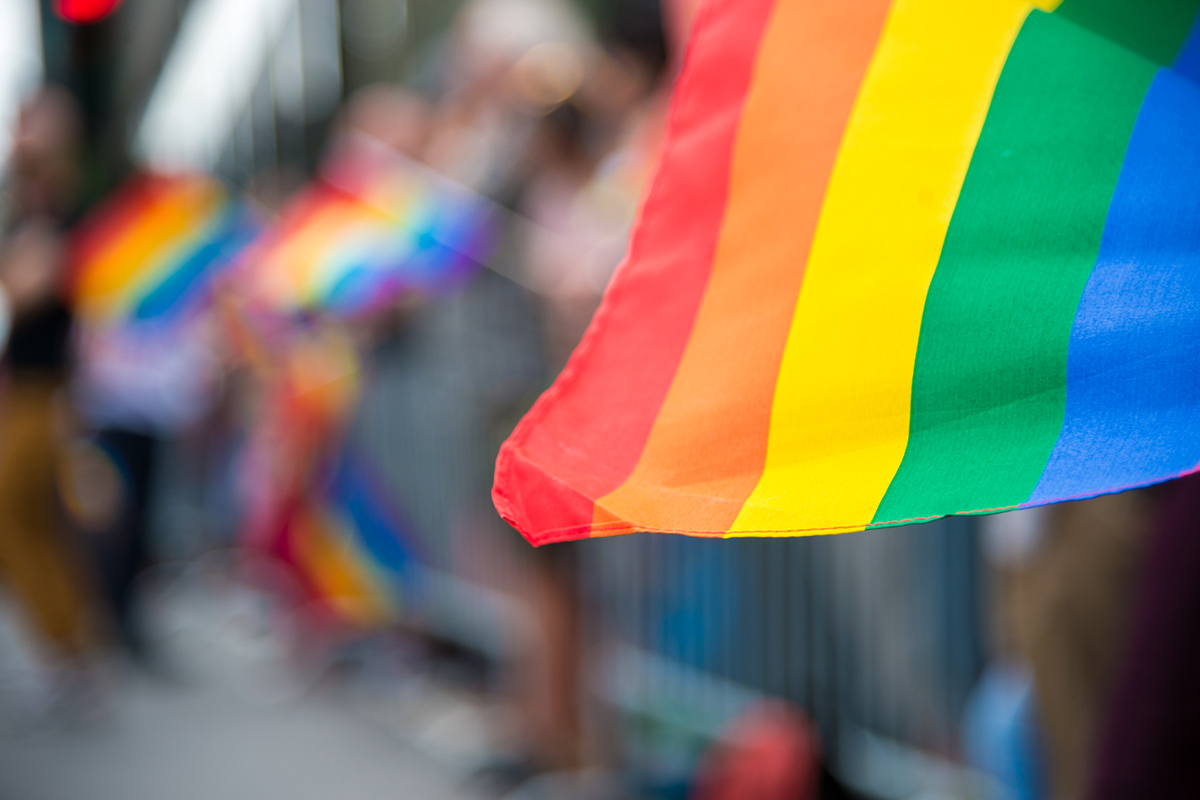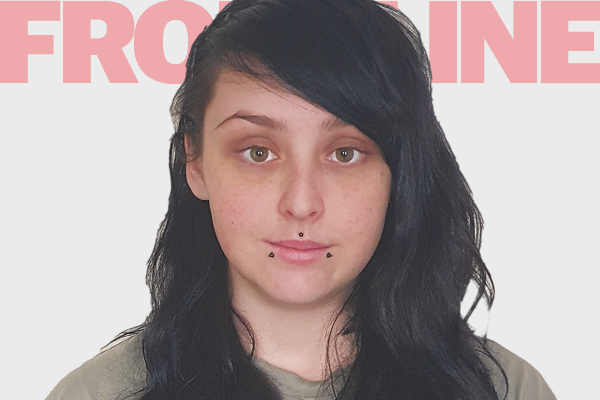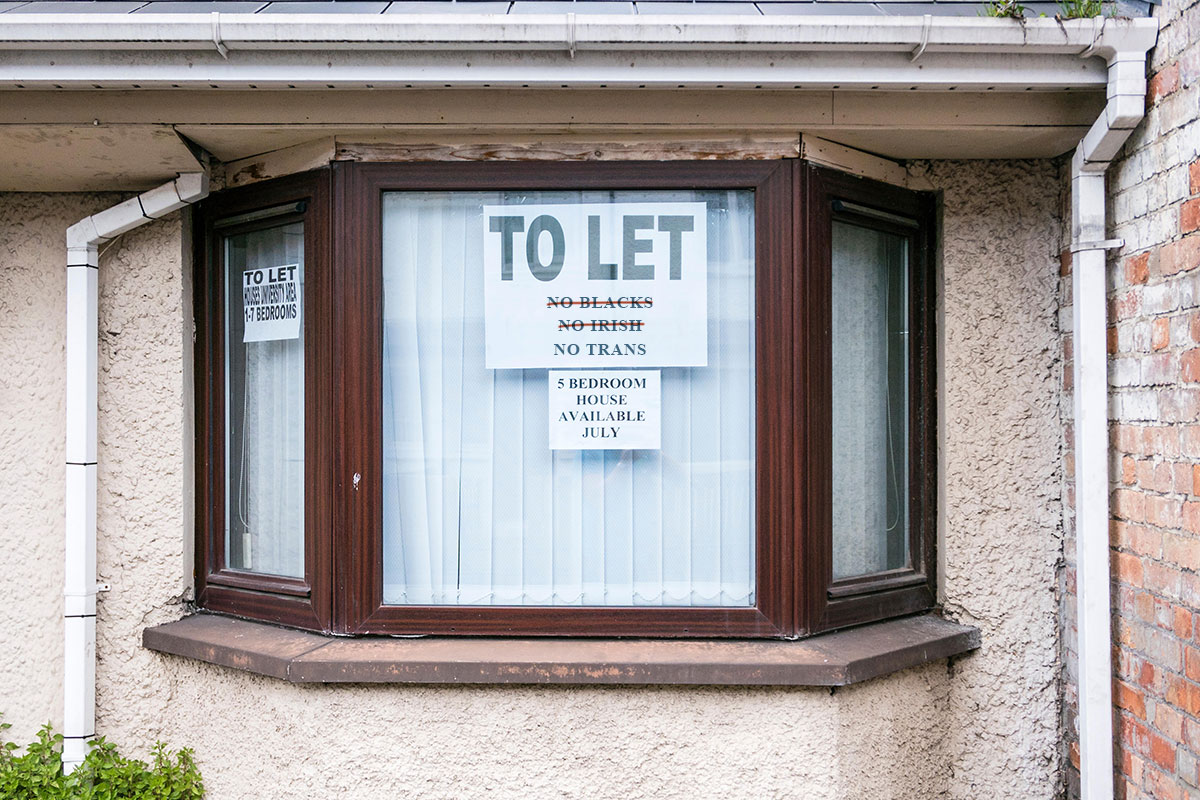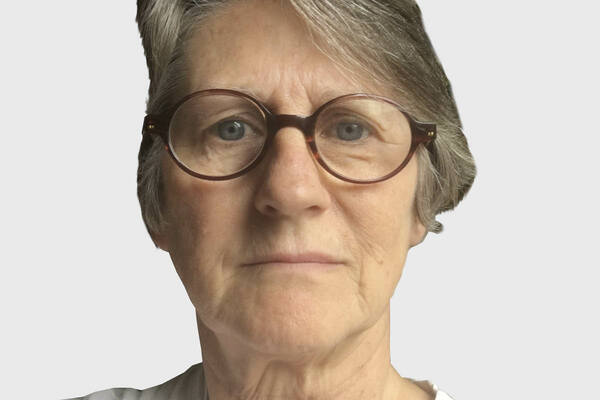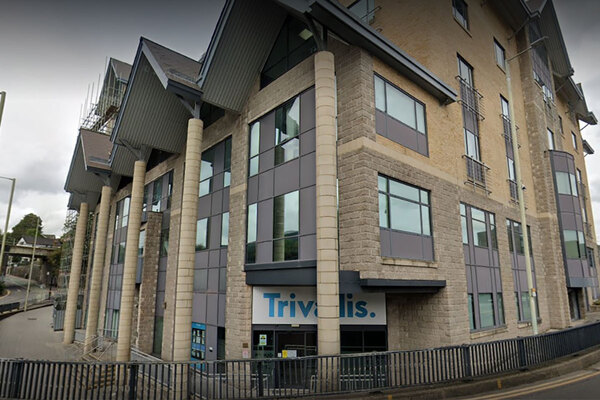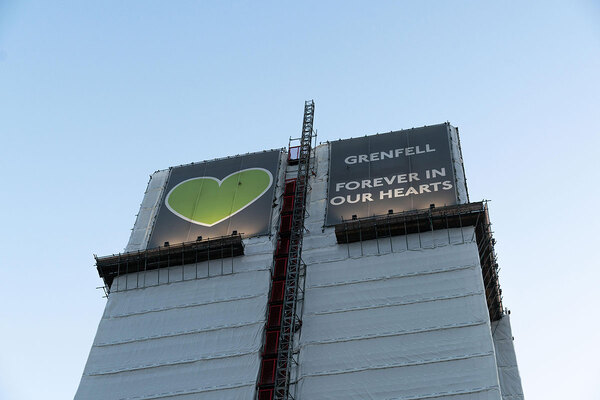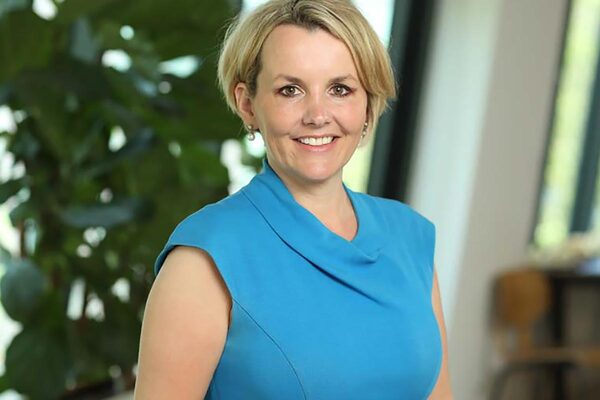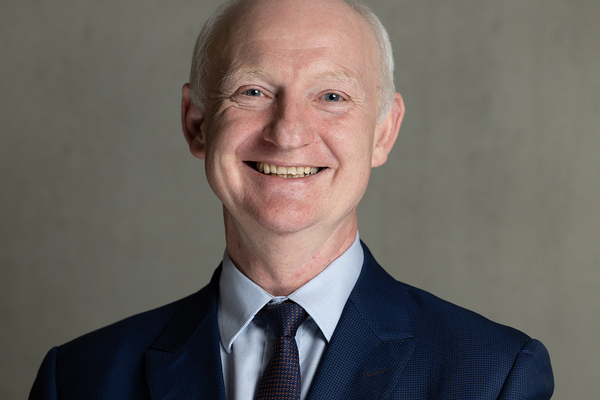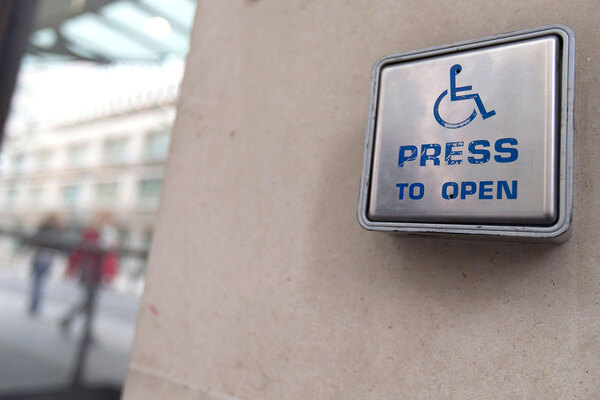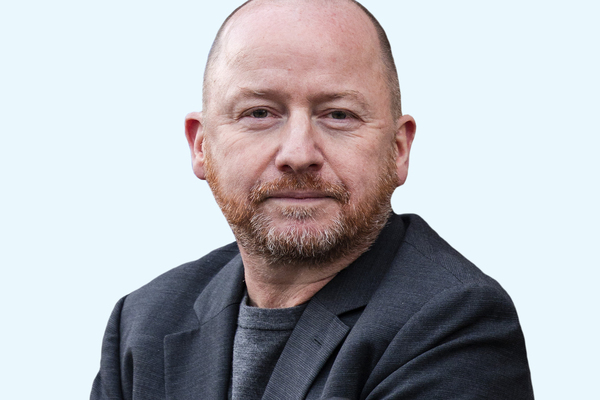You are viewing 1 of your 1 free articles

What the new immigration rules will mean for LGBTQ+ young people with no recourse to public funds
New immigration rules state that rough sleeping can be grounds for deporting non-UK nationals. Jotepreet Bhandal considers what the fall-out will be
At AKT, we tend to refer to ourselves as an LGBTQ+ youth homelessness charity, working with young people who are experiencing homelessness or living in hostile or abusive environments.
However, that description only covers a fraction of the diversity of experiences faced by the young people we work with. In reality, AKT also works with a far broader range of individuals, including young LGBTQ+ migrants who have no recourse to public funds (NRPF).
“We have had to find new ways to adapt and support young people when we have seen a 118% increase in new referrals between April and August this year”
Under the new immigration rules, which came into effect on 1 December but will not be enforced until further guidance is produced, non-UK nationals who are rough sleeping risk facing deportation. This rule will affect non-EEA nationals and EEA citizens.
The Home Office has stated these measures will be used sparingly and that deportation will only be considered in cases where an individual has refused support or is engaging in persistent anti-social behaviour. Nevertheless, these new rules set a dangerous precedent and effectively punish those who are rough sleeping.
Our concern expands further when we situate these rules within the broader context of COVID-19 and its ongoing impact on LGBTQ+ youth homelessness. As an organisation, we have had to find new ways to adapt and support young people when we have seen a 118% increase in new referrals between April and August this year, compared with the same period in 2019.
We have also seen more referrals from outside the regions we currently operate in, and we have had to recruit new caseworkers to help ensure that we can continue to support the young people we work with.
“Rough sleeping can be particularly dangerous for LGBTQ+ young people, with the risk of homophobic, transphobic and biphobic abuse. For LGBTQ+ young people of colour, the risk of racist abuse also can make rough sleeping very dangerous”
This is all hardly surprising when we consider the impact that the pandemic has had on young people. Research has shown that a third of 18 to 24-year-olds have lost their jobs or been furloughed during the start of the pandemic compared with one in six adults.
We also predominately work with Black and ethnic minority LGBTQ+ young people who have been disproportionately impacted by the coronavirus pandemic. Citizens Advice found that over the past year, 82% of individuals whom the charity helped with advice around NRPF issues and non-EU migrants access to benefits were from BAME backgrounds.
These challenges, coupled with an inability to access welfare and homelessness assistance due to the NRPF condition, will put many young LGBTQ+ migrants at an increased risk of homelessness. The lockdown restrictions will mean that for many sofa surfing is not an option, leaving them with little choice but to sleep rough.
Rough sleeping can be particularly dangerous for LGBTQ+ young people, with the risk of homophobic, transphobic and biphobic abuse. For LGBTQ+ young people of colour, the risk of racist abuse also can make rough sleeping very dangerous.
Moreover, the economic fall-out from coronavirus is likely to cause an increase in homelessness, which could lead to services that are already struggling to become even more over-stretched. Without substantial central government funding, local authorities and other service providers may struggle to provide suitable support to those with NRPF who find themselves rough sleeping.
“The fear of experiencing discrimination or previous experiences of discrimination when accessing services means that LGBTQ+ young people may be hesitant to access support. These measures may further discourage those with NRPF from coming forward for help”
Rather than addressing these challenges by increasing the support available to young LGBTQ+ migrants with NRPF, the Home Office has instead chosen to implement rules that may threaten them with deportation.
For many, this would mean returning to a country that is hostile towards the LGBTQ+ community. It could also mean being separated from the support networks that are critical in a young person’s life and can help prevent a cycle of homelessness.
The new rules also fail to consider the barriers that sometimes stop LGBTQ+ young people from accessing support. The fear of experiencing discrimination or previous experiences of discrimination when accessing services means that LGBTQ+ young people may be hesitant to access support. These measures may further discourage those with NRPF from coming forward for help.
We need to increase the support available to LGBTQ+ young people with NRPF while also thinking about how we can make services more inclusive for LGBTQ+ young people.
Finally, this policy does little to build upon the measures that the government has taken to combat rough sleeping during the pandemic.
To end all forms of homelessness, we need to be focusing on prevention, the housing crisis, the impact of COVID-19, welfare reform and creating an environment where all LGBTQ+ young people are encouraged to access support and feel safe when doing so.
Jotepreet Bhandal, campaigns, policy and research officer, AKT
